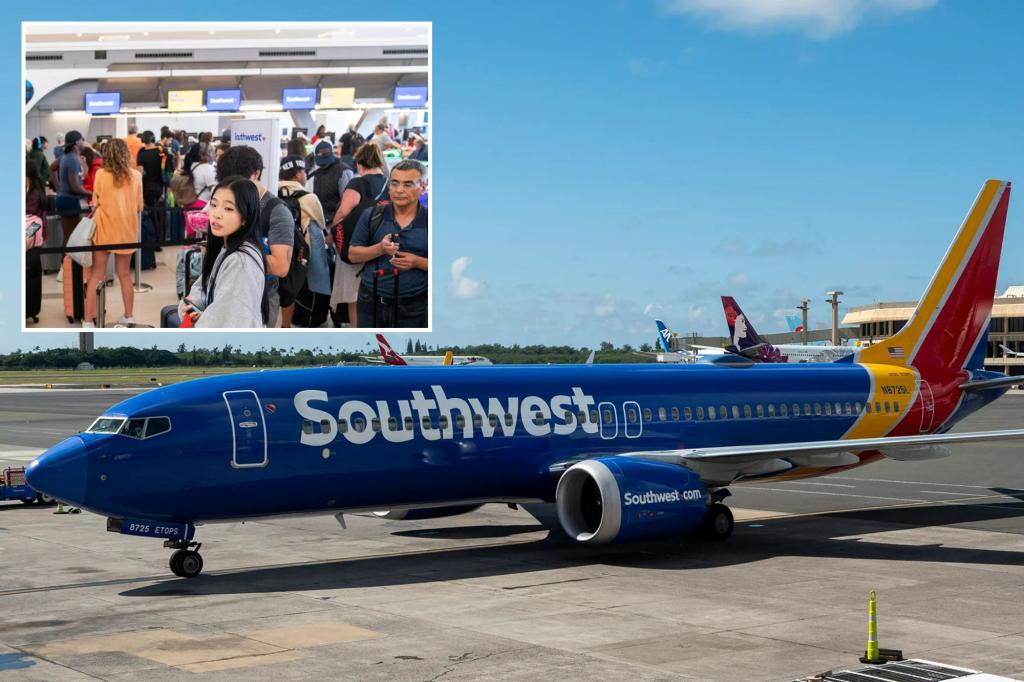Southwest Airlines is facing pressure from a hedge fund due to disappointing financial results. The airline announced that a key revenue ratio will be weaker than expected due to changes in consumer booking patterns. While the airline still expects second-quarter revenue to reach a record high, the revenue per seat flown one mile is projected to fall by 4% to 4.5% compared to the same quarter last year. Additionally, costs per mile are expected to rise by 6.5% to 7.5% due to increasing labor costs.
The airline attributes the worsening revenue outlook to the challenge of adjusting pricing to match current booking patterns in a dynamic market environment. Despite an expected surge in travel with a record number of passengers anticipated this summer, airlines have undermined their pricing power by increasing flights and seats. Southwest plans to continue increasing flying by 8% to 9% compared to the second quarter of the previous year.
Following a $231 million loss in the first quarter, Southwest announced plans to end service at four airports and reduce its workforce by 2,000 employees. Hedge fund Elliott Investment Management recently purchased a $1.9 billion stake in Southwest and called for the removal of CEO Robert Jordan and Chairman Gary Kelly, citing their failure to update the airline’s technology and strategy to keep pace with travel industry changes. Despite pressure to resign, Jordan has refused and promised to unveil a plan to improve profitability during an investor day in September.
Southwest’s stock experienced an initial decline of up to 4% on Wednesday, ending the day flat. Over the past year, the airline’s shares have fallen by approximately 15%, contrasting with a 28% increase in the S&P 500 index. The impact of rising labor costs and the challenges in adapting pricing strategies to current booking patterns have contributed to Southwest Airlines’ financial struggles in the midst of a booming travel industry. The airline faces the task of implementing measures to increase revenue and profitability while dealing with pressure from shareholders to improve its financial performance.















